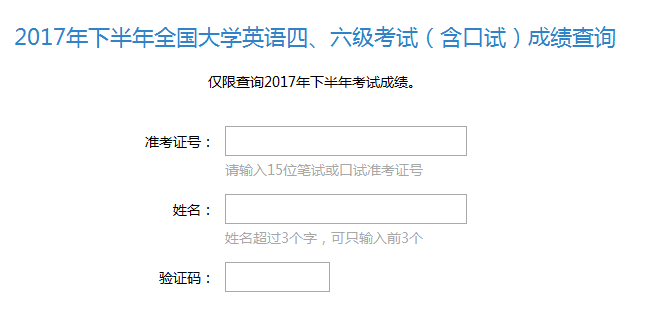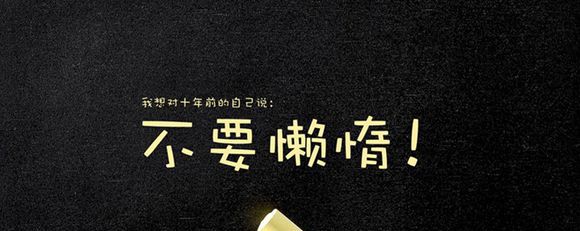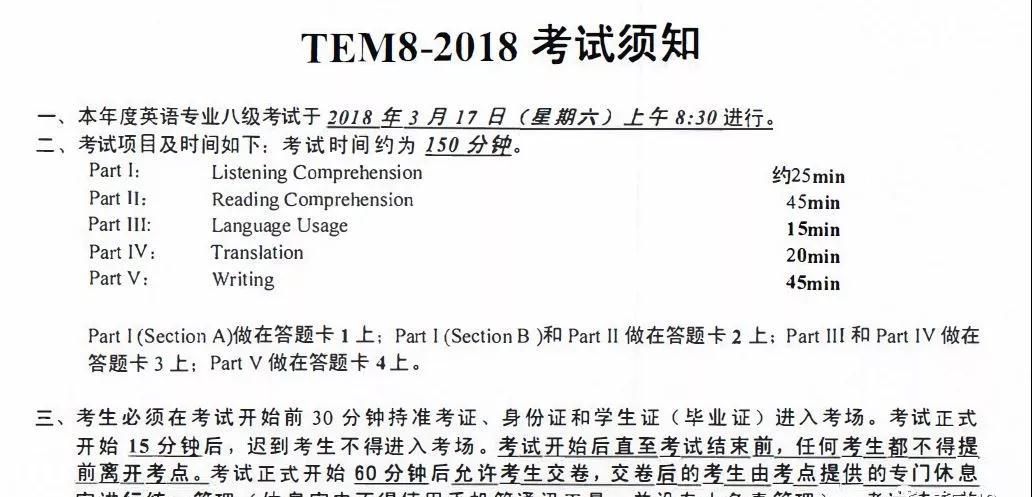Hu urges revamp of finance system
|
President Hu Jintao has called for a reform of the international financial system, as well as global efforts to help developing countries cope with the ongoing financial crisis. "Reform of the international financial system should aim at establishing a new international financial order that is fair, just, inclusive and orderly, and fostering an institutional environment conducive to sound global economic development," Hu told the G20 meeting over the weekend. The heads of 20 major developed and developing economies gathered in Washington DC to discuss how to grapple with the crisis and try to lay the groundwork for reforming the global financial system. Hu outlined four areas for reform: Strengthening international cooperation in financial regulation and improving international regulatory mechanisms. Advancing reform of international financial institutions as well as the representation mechanism in the decision-making process in such organizations. Encouraging regional financial cooperation and enhancing the role of a regional assistance funding mechanism. Reforming the international currency system and steadily pushing forward the diversification of the international currency regime. Hu also called for international efforts to help developing and least developed countries cope with the global financial crisis. "The international community should pay particular attention to the damage to developing countries, especially the least developed countries, and do all it can to minimize the damage," he said. China, as the world's largest developing country, will maintain "steady and relatively fast growth" as an important contribution to tackling the worst crisis since the 1930s, Hu said. "The Chinese government has adopted measures to boost economic development, including lowering the required reserve ratio, cutting deposit and lending rates, and easing the corporate tax burden," Hu said. The country "has taken an active part in international cooperation to deal with the financial crisis and played a positive role in maintaining international financial stability and promoting the development of the world economy", he said. China unveiled a 4-trillion-yuan ($586 billion) economic stimulus package on Nov 9 to boost its economy, which in the third quarter decelerated to the slowest growth rate over the past five years. Analysts said it may take a long time for the reform of the international financial system to materialize despite possible fine-tuning in the near term. As the US economy remains the largest in the world and would not lose its pre-eminence in the short term, the current international financial structure may continue for "quite some time", said Zhang Jun, director of Fudan University's China Center for Economic Studies. "The financial structure is basically determined by the economic prowess of its members." Concrete plans for the proposed reform are not ready, Zhao Xijun, finance professor of Renmin University of China, said. The basic structure of the international financial regime will remain unchanged, but there will be some changes in such issues as closer cooperation in better regulating the markets, he said. "Hedge funds, investment banks and other intermediary bodies in the developed world have played a dubious role in triggering the current crisis," he said. "They will be made more transparent." Questions: 1. How many areas for reform did President Hu suggest? 2. What did he say the Chinese measures so far have been? 3.Which finanicial entities in the developed world have played “a dubious role in triggering the current crisis"? Answers: 1. Four. 2. Lowering the required reserve ratio, cutting deposit and lending rates, and easing the corporate tax burden. 3. Hedge funds, investment banks and other intermediary bodiesies. |








